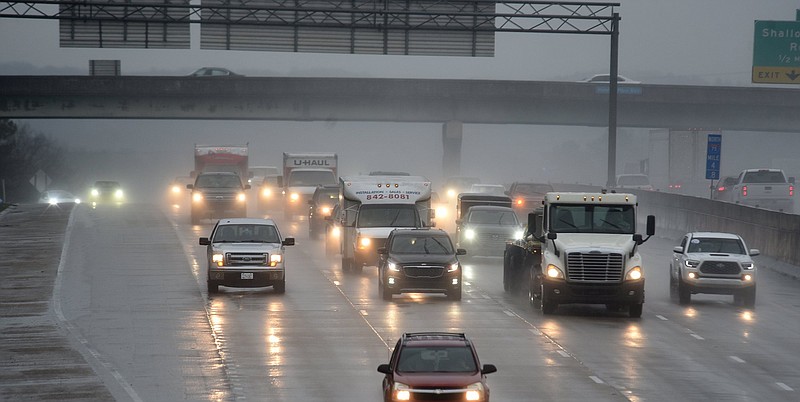Elon Musk says we should all get off our duffs and go back to the office. People who want to work from home aren't just "phoning it in" from "some remote pseudo-office," as he's put it in the past. Now he says we're immoral, too.
Factory workers, service workers and construction workers can't work from home, so why do people in the "laptop classes" think they should be able to do so? "It's not just a productivity thing," Musk told CNBC. "I think it's morally wrong."
A cynic might also point out that a man who makes cars for a living has a stake in the perpetuation of Americans driving to and from work day after day.
Musk isn't alone among corporate executives in seeing employees' reluctance to return to the office as a genuine economic problem. Mark Zuckerberg of Meta, Bob Iger of Disney, Andy Jassy of Amazon, Jamie Dimon of JPMorgan Chase and others have been pleading with or arm-twisting workers to come back. Companies have tried carrots — redesigning offices — and they've tried sticks, like reversing remote work policies at the same time they announce huge layoffs. But in a tight labor market, the office has been a tough sell. The average office occupancy rate across 10 major cities has plateaued at around 50%, The Wall Street Journal reported recently.
Let's address why folks aren't coming back — and why they probably won't unless we fix a big problem with office work that few CEOs seem to mention: getting to and getting home from the office. Survey after survey bears this out. If we want people to go to the office more often, we have to do something about a ritual of American life that's time-consuming, emotionally taxing, environmentally toxic and expensive: the daily commute.
In 2019, the average one-way commute in the United States hit a record of almost 28 minutes, according to the Census Bureau. Nearly 40% of Americans commuted a half-hour or more, one way, and almost 10% traveled for more than an hour one way.
For many, the pandemic-era shift to remote work proved that all the schlepping was unnecessary. They aren't taking a moral stance; they're just making a rational calculation: They can get a lot more done — in their work lives and in the rest of their lives — if they skip the commute.
What about workers' productivity? Has working from home led to a lot of slacking off? Not obviously.
So what's the downside to remote work? It might be hurting cities. Many of America's largest and most prosperous urban areas rely on the rhythms of the daily commute; the perpetual need for morning caffeine, sad desk salads at lunch and beer gardens at happy hour buoy downtown and office-park economies.
The shift to remote work abruptly disrupted this pattern, setting off what has been called an "apocalypse" in the market for office real estate.
But if potential urban ruination is the danger, it isn't a problem for CEOs to solve — at least, not by grumbling about their lazy workers. Rather, it's a problem of infrastructure and policy; it's a problem for local, state and national governments to address through long-range planning and a more realistic approach to urban development.
Like what? In theory, we know how to do this. If people are sick of commuting to work, we could aim to make commuting much less of a hassle. The ways to do that would likely involve some combination of reducing the distance between people's homes and offices, improving the modes of transportation along these routes and reducing the other costs of coming in to work,.
If it sounds like I'm using the shift to remote work as an opportunity to advocate lefty urbanist pipe dreams — better public transit! fewer cars and more bikes! denser development! an improved social safety net! — you're right. I am.
But what are the alternatives? Digging tunnels for underground freeways or a "hyperloop"? Self-driving taxis that ferry us around so that we can work while we commute?
These are some of Musk's ideas for the future of work and life. Do they seem more realistic — or more desirable — than simply building more livable cities and better ways for people to get to work? Or is all this another way of saying, "Let them take robotaxis"?
The New York Times
